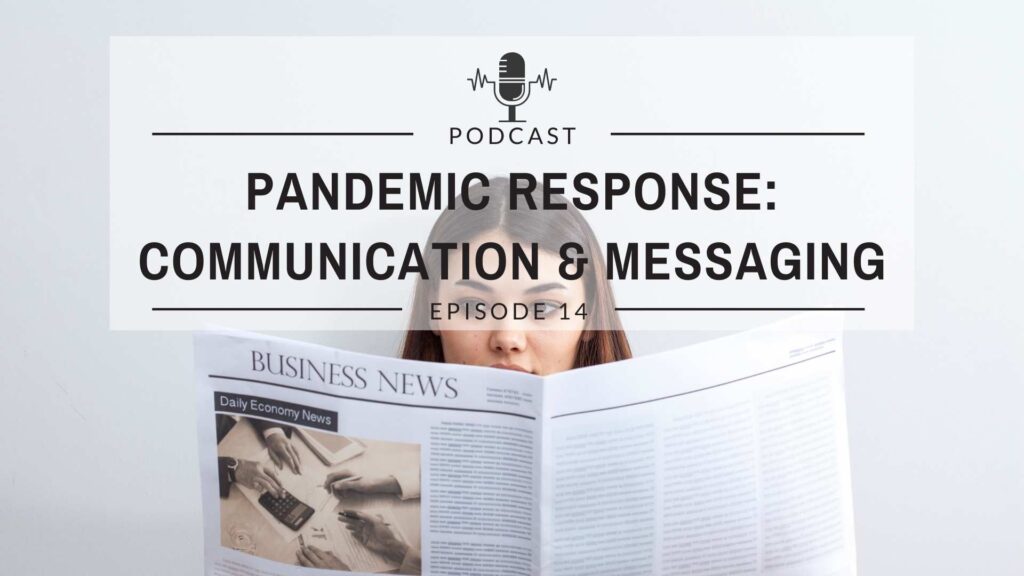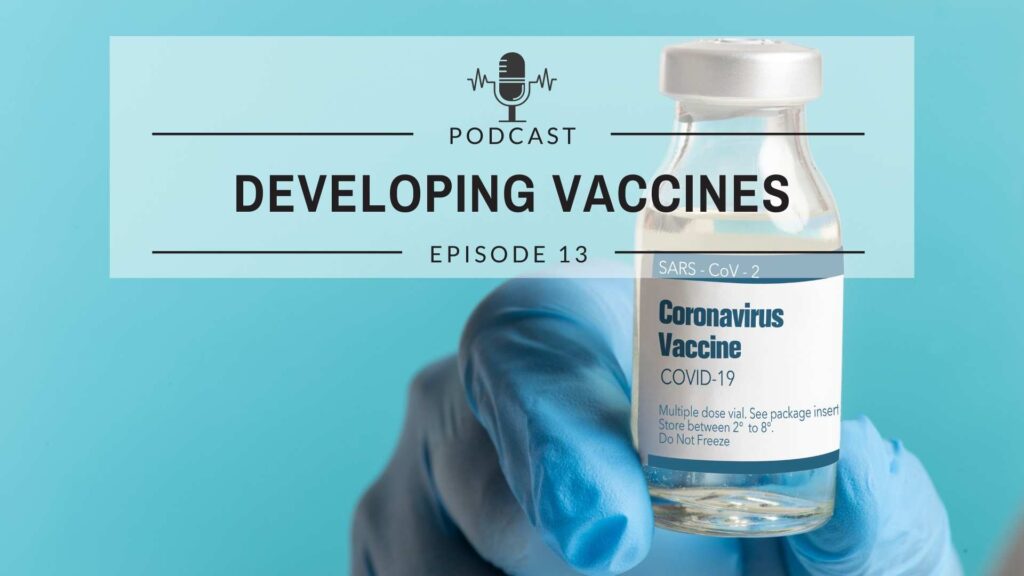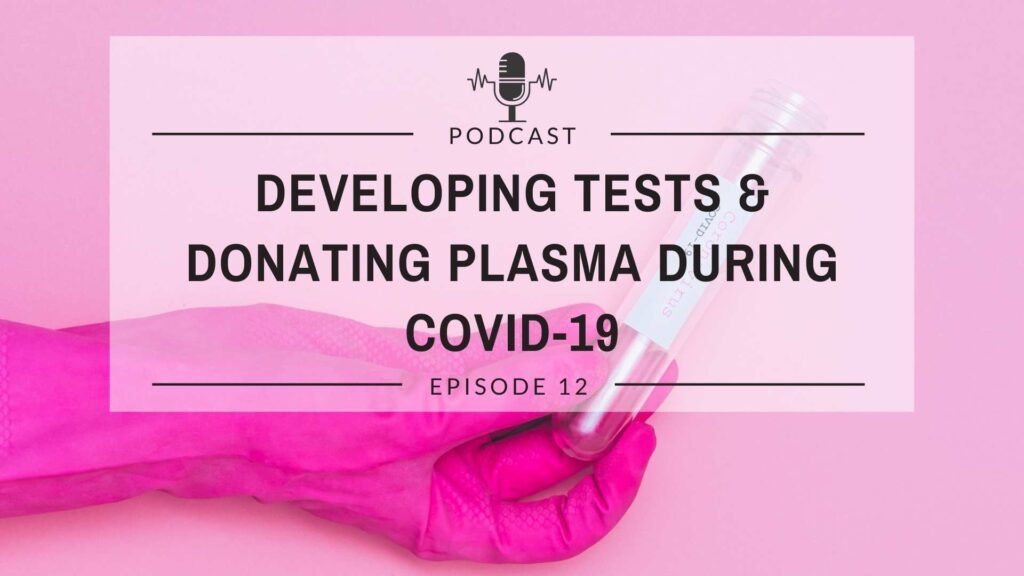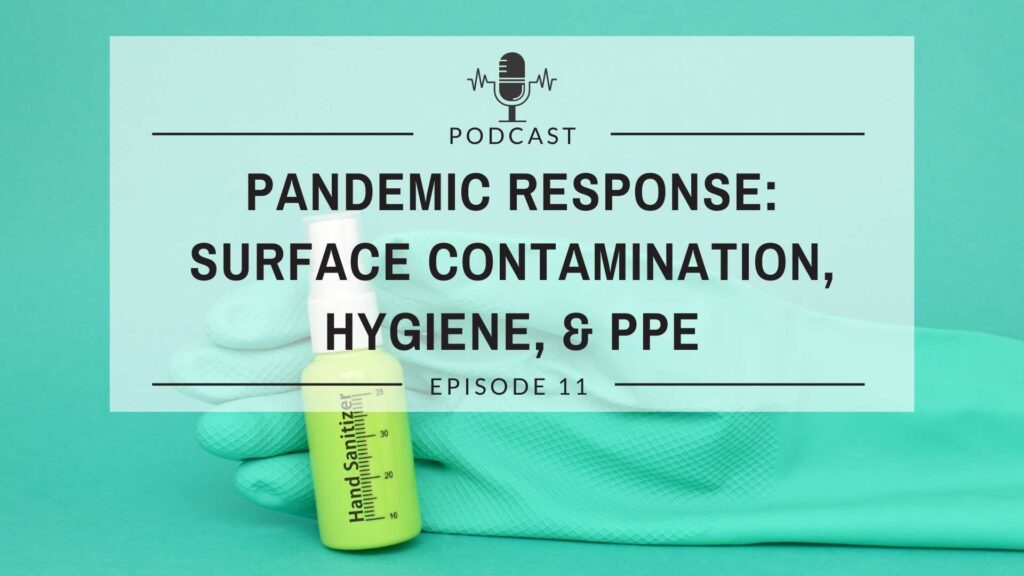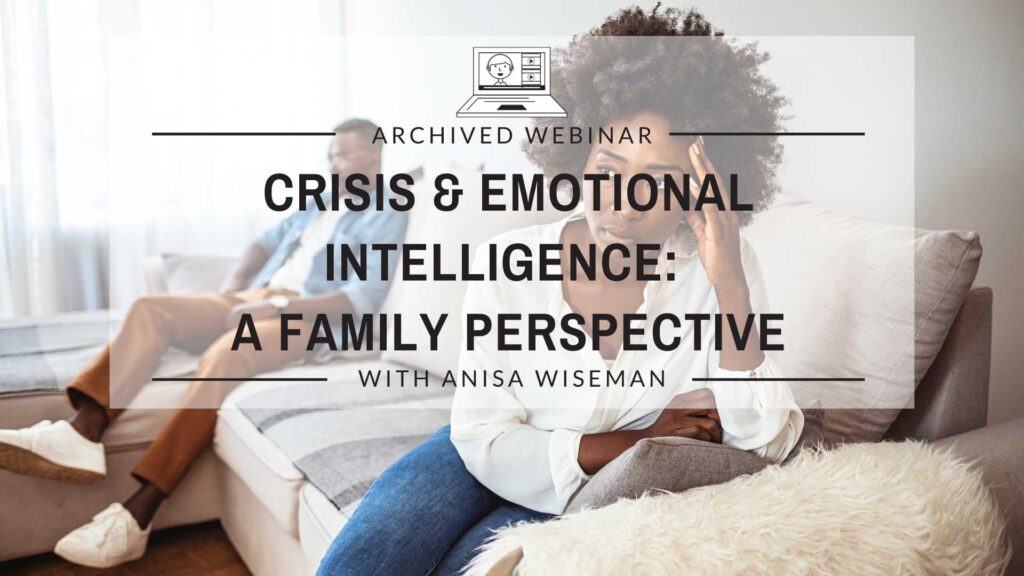In this episode, Dr. Stephen Rains and Dr. Laura Gronewold have a conversation about effective communication and messaging strategies during a crisis, the impact of the media narrative on public response and mental health, and the intersection between American values and culture with health messaging.
Learning Objectives:
Discuss messaging and methods the popular media has used to influence the actions of the public during pandemic.
Discuss the intersection between American values and culture with health messaging
Compare approaches the media versus public health professionals take to educate the public about COVID-19
Recommend effective communication strategies and messaging guidelines to educate the public while responding to a pandemic.
Introduce the AZCOVIDTXT program
Continuing Education Information: 0.5 CECH for CHES
Provider number: 99036
Date released: 5/2020


